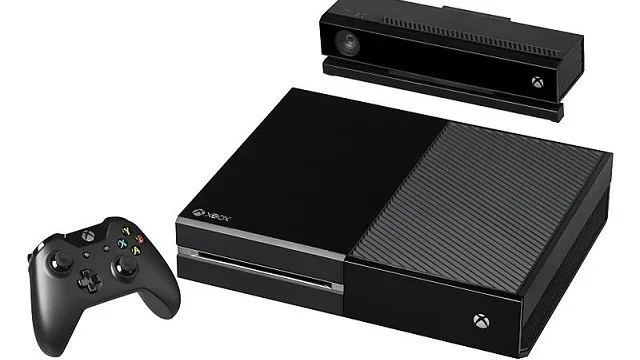A recent study conducted by the Pew Research Center found that a higher percentage of women living in the U.S. owned a game console than men.
Of the 1,907 adults surveyed in the study, 42% of women and 37% of men owned a game console. 40% of the surveyed adults overall owned a console, which is about consistent with a poll the center conducted in 2010. Console ownership also varied slightly across racial boundaries, with 39% of white respondents reporting they owned a console, compared to 43% of those polled who identified as Black and 45% of Hispanic respondents.
Those polled who lived in households earning less were less likely to own a console, with only 33% of those living in households that earned less than $30,000 a year owning a console, compared to 54% of those living in households that earned at least $75,000 a year. Console ownership was about even between 18 to 29-year-olds and 30 to 49-year-olds – 56% and 55% respectively – with 50 to 64-year-olds trailing at 30% and only 8% of those 65 or older reporting owning a console. The full study can be found here.
So what does this all mean? Well, it’s well-known by now that women are more involved in the game industry and culture than ever before, and owning a console is a significant commitment.
What the survey doesn’t account for
However, the study doesn’t seem to cover whether the people surveyed actually used their console or not; this may seem to be a silly question to a gamer – after all, who would own such an expensive device and not use it? – but it may be the case that many of these respondents are adults who bought a console for their children or other loved ones.
Similarly, the study doesn’t appear to have specified which consoles these people own. I don’t just mean whether they own a Xbox One or a PlayStation 4 – it also isn’t clear what generation their device belongs to. Video game consoles have a history stretching back more than 40 years now, and it may be the case that the older respondents have an NES or Magnavox Odyssey that they bought decades ago sitting in a closet somewhere.
Nevertheless the results of this survey are interesting, and may be a good jumping-off-point for future studies about the demographics of video game buyers and players – and what, if any, difference there is between the two.







Published: Nov 5, 2015 07:30 am